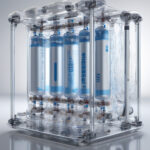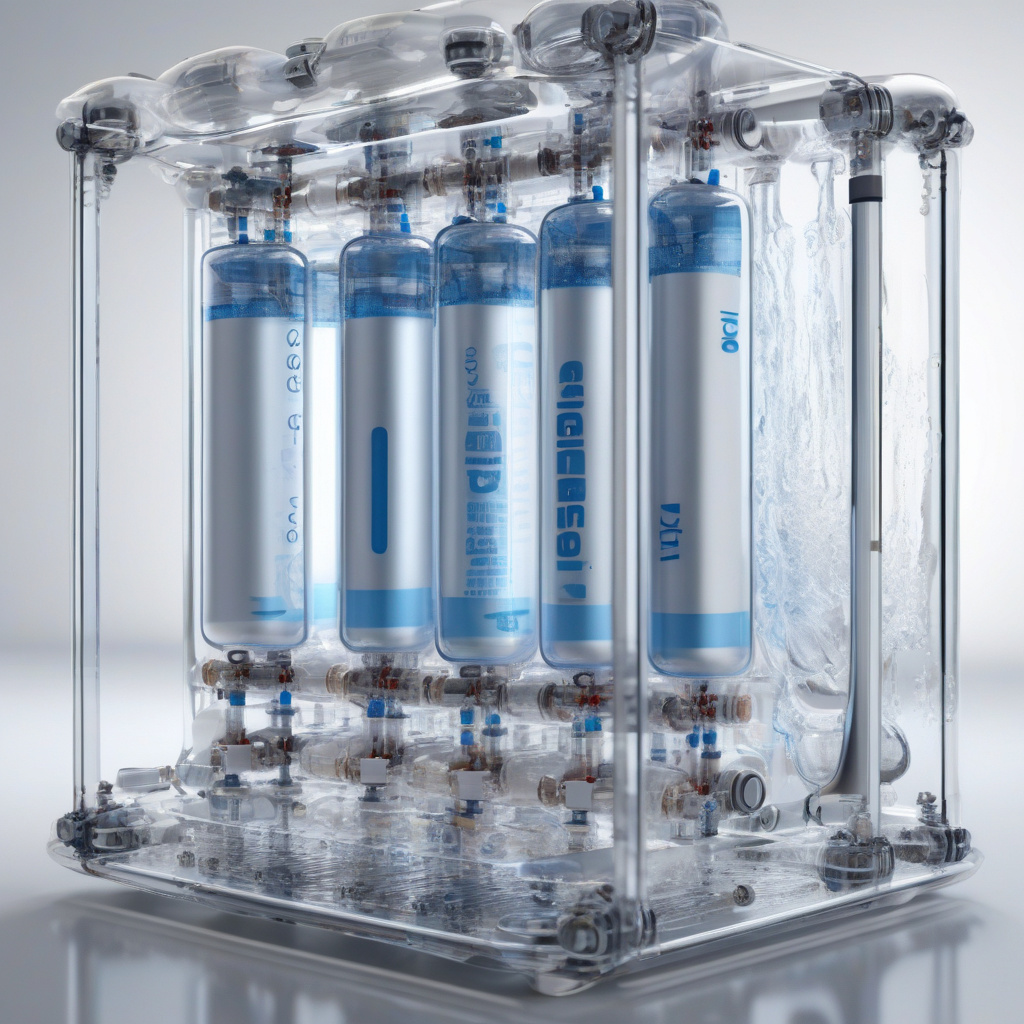Sodium-ion Battery Breakthrough Boosts Energy Storage and Turns Seawater Drinkable
A drop of water is changing battery science. Scientists at the University of Surrey have made a significant breakthrough in energy storage technology by developing a sodium-ion battery that not only promises to revolutionize the way we store energy but also has the potential to address the global water crisis by making seawater drinkable.
The development of sodium-ion batteries is a game-changer in the field of energy storage. Unlike lithium-ion batteries that are commonly used in electronic devices and electric vehicles, sodium-ion batteries use abundant sodium resources, making them a more sustainable and cost-effective alternative. This breakthrough paves the way for sodium-ion batteries to become the next generation of energy storage technology, offering a more environmentally friendly solution to our growing energy needs.
One of the key advantages of sodium-ion batteries is their ability to store more energy at a lower cost. This makes them ideal for large-scale energy storage applications, such as renewable energy integration and grid stabilization. With the increasing demand for clean energy sources, sodium-ion batteries have the potential to play a significant role in enabling the transition to a more sustainable energy future.
In addition to their energy storage capabilities, sodium-ion batteries also have the potential to address the global water crisis. The University of Surrey scientists have discovered that the by-products of the battery’s operation can be used to desalinate seawater, making it safe for drinking. This dual-purpose functionality makes sodium-ion batteries a truly innovative solution that can tackle two pressing global challenges at once.
The implications of this breakthrough are far-reaching. By combining energy storage technology with water desalination capabilities, sodium-ion batteries have the potential to transform the way we think about sustainable development. Imagine a future where clean energy is not only readily available but also helps provide clean drinking water to communities in need.
The development of sodium-ion batteries is a testament to the power of innovation and collaboration in science. By pushing the boundaries of what is possible, researchers at the University of Surrey have opened up new opportunities for sustainable energy storage and water desalination. As we continue to face environmental challenges such as climate change and water scarcity, solutions like sodium-ion batteries offer hope for a more sustainable future.
In conclusion, the breakthrough in sodium-ion battery technology represents a significant step forward in the quest for sustainable energy solutions. By harnessing the power of water to drive innovation in energy storage, we have the opportunity to not only reduce our carbon footprint but also provide access to clean drinking water for communities around the world. The potential of sodium-ion batteries to address multiple global challenges underscores the importance of continued research and investment in sustainable technologies.
energy storage, sodium-ion battery, water desalination, sustainable technology, global challenges












